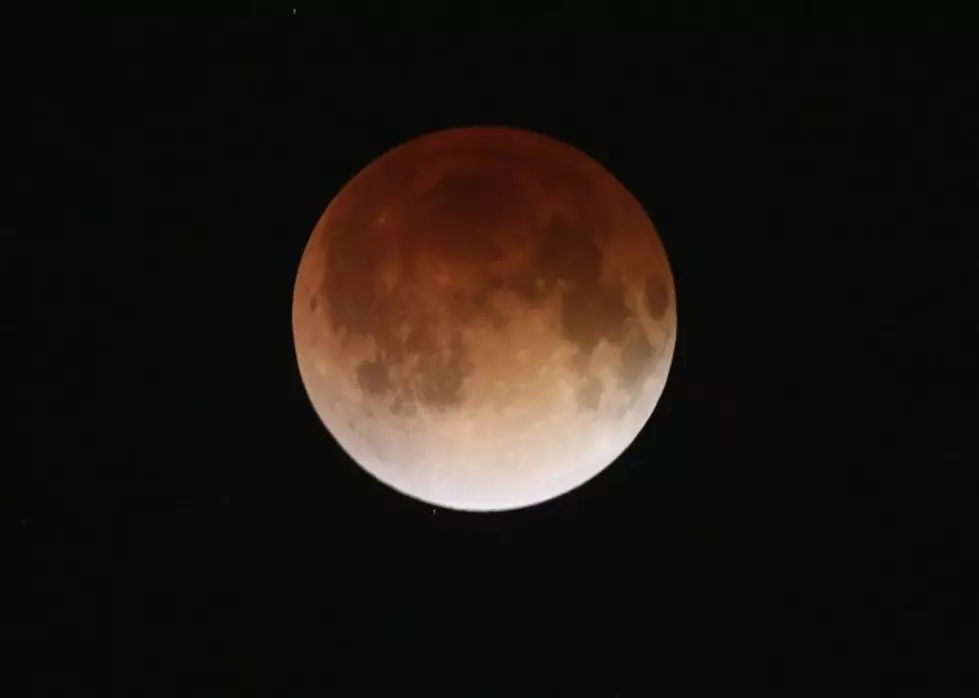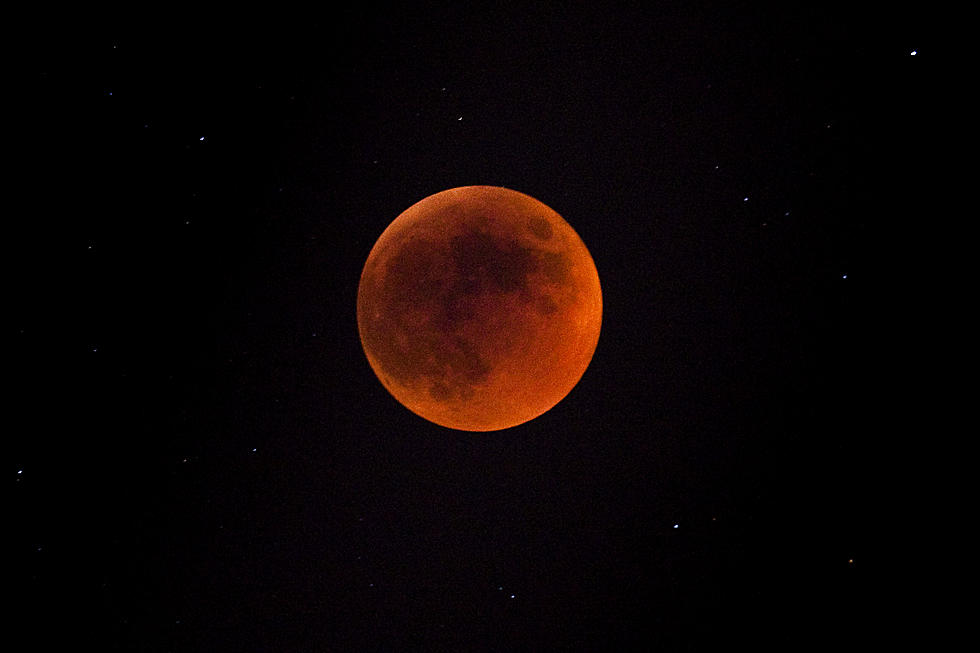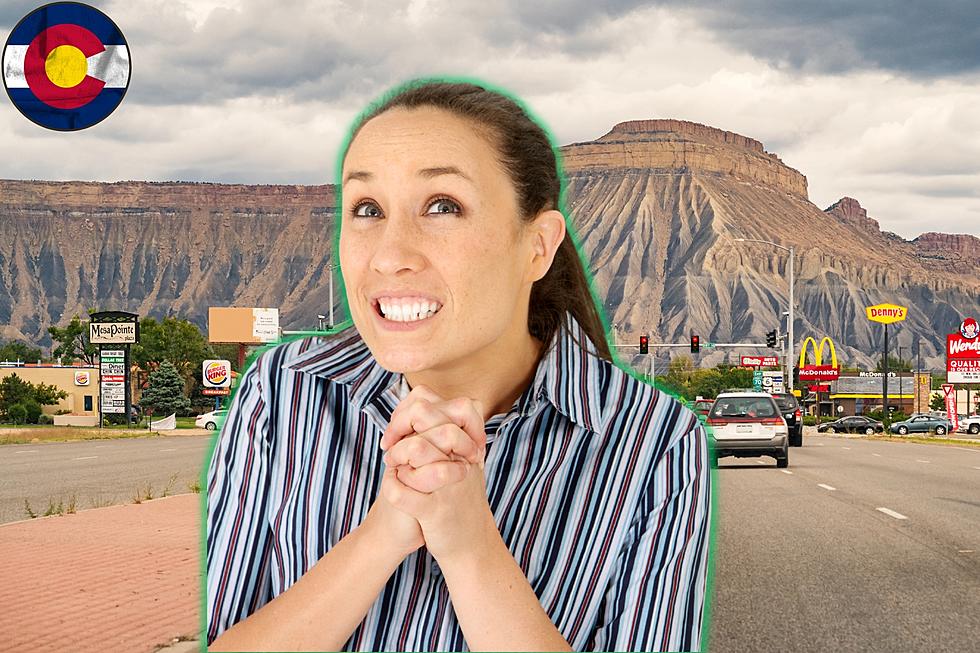
Friday’s Outer Space Tripleheader, Eclipse+ Comet+ Full Moon
It's a rare treat this Friday night (Feb. 10) when sky-watchers will be able to enjoy an eclipse, a comet, and a full moon.
The first phenomenon to witness will be the penumbral lunar eclipse when Earth will block part of the sun's rays from reaching the moon's surface. This will make the shadow of the moon appear darker than normal. Western Colorado can witness the eclipse at precisely 5:43PM, according to NASA. If you prefer, you can watch it happen on line.
This month's full moon is called a "snow moon" since February is typically the snowiest month of the year in the United States. The naming of moons dates back to native Americans who gave each full moon its own name. According to the Farmers Almanac, the February moon was referred to by some tribes as "hunger moon", because the harsh weather conditions made hunting difficult.
The celestial trifecta will be completed around 1:00AM when Comet 45P makes its closest pass to Earth, about 7.4 million miles, according to NASA. If you can find the constellation Hercules, you should be able to see the comet, although a telescope or binoculars are recommended for best viewing.
The comet will actually be visible at various points in the sky through the month of February, but Friday night's pass will be the closest - and affords the best viewing opportunity. We can only hope for some clear western Colorado skies.
More From 95 Rock









